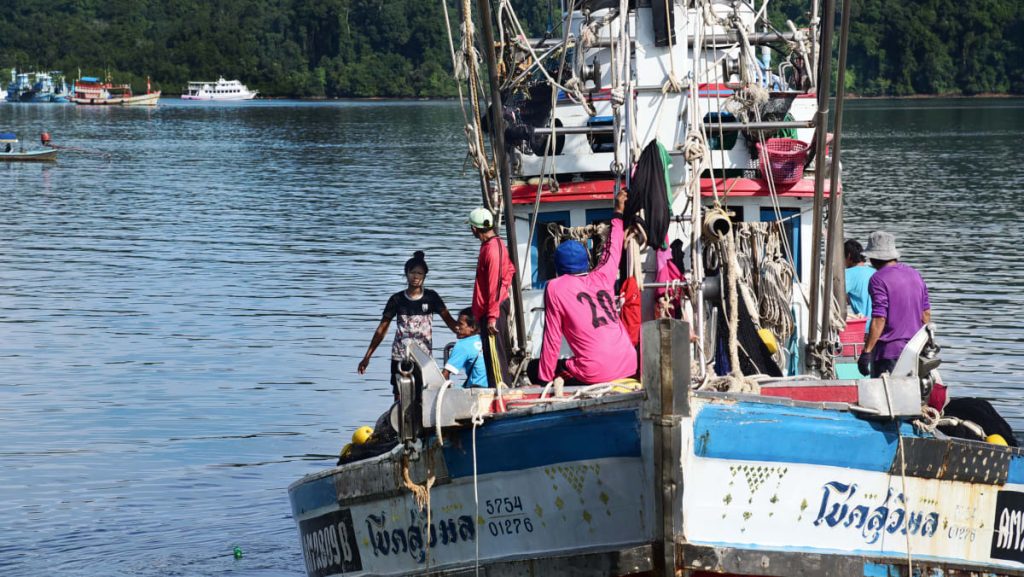In 2015, Thailand implemented stricter fisheries laws in response to potential bans on seafood exports. This move was seen as vital in order to combat illegal fishing practices and ensure sustainability in the country’s fisheries industry. The new regulations aimed to crack down on overfishing, illegal fishing, and human rights abuses within the industry. Small-scale fishers supported these changes as a means to protect their livelihoods and the environment, but larger players in the industry voiced concerns that the laws had made it difficult for them to conduct business as usual.
The tougher regulations put in place by Thailand have had a significant impact on the country’s seafood export industry. Some larger players in the industry have complained that the new laws have made it nearly impossible for them to continue operating in the same way as before. These players are arguing that the regulations are overly burdensome and are impacting their ability to conduct business efficiently. On the other hand, small-scale fishers have welcomed the regulations as a means to protect the environment and ensure the long-term sustainability of their livelihoods.
Despite the challenges faced by some larger players in the industry, it is important to recognize the importance of these stricter regulations in promoting sustainability and combatting illegal fishing practices. Thailand’s seafood export industry has long been plagued by issues such as overfishing, illegal fishing, and human rights abuses. The implementation of tougher laws is a critical step in addressing these issues and ensuring the long-term viability of the industry. It is crucial for all stakeholders in the industry to work together to find solutions that balance the needs of both the environment and the economy.
In order to address the concerns raised by some larger players in the industry, it may be necessary to provide support and resources to help them comply with the new regulations. This could include offering training programs, financial assistance, or technical support to help these players adapt to the changing requirements. By working collaboratively with these stakeholders, it may be possible to find solutions that allow them to continue operating while also meeting the necessary environmental and sustainability standards.
Moving forward, it will be important for Thailand to continue monitoring and enforcing the new fisheries laws to ensure compliance across the industry. This will require ongoing collaboration between government agencies, industry stakeholders, and civil society organizations to effectively enforce the regulations and hold violators accountable. By upholding these standards, Thailand can position itself as a responsible global leader in sustainable seafood production and ensure the long-term health of its fisheries industry.
Overall, while the tougher fisheries laws in Thailand have presented challenges for some larger players in the industry, they are necessary to promote sustainability and combat illegal fishing practices. By working together with all stakeholders in the industry, it is possible to find solutions that balance the needs of the environment and the economy. Through continued monitoring and enforcement of the regulations, Thailand can ensure the long-term viability of its seafood export industry while also protecting the environment and the livelihoods of small-scale fishers.













